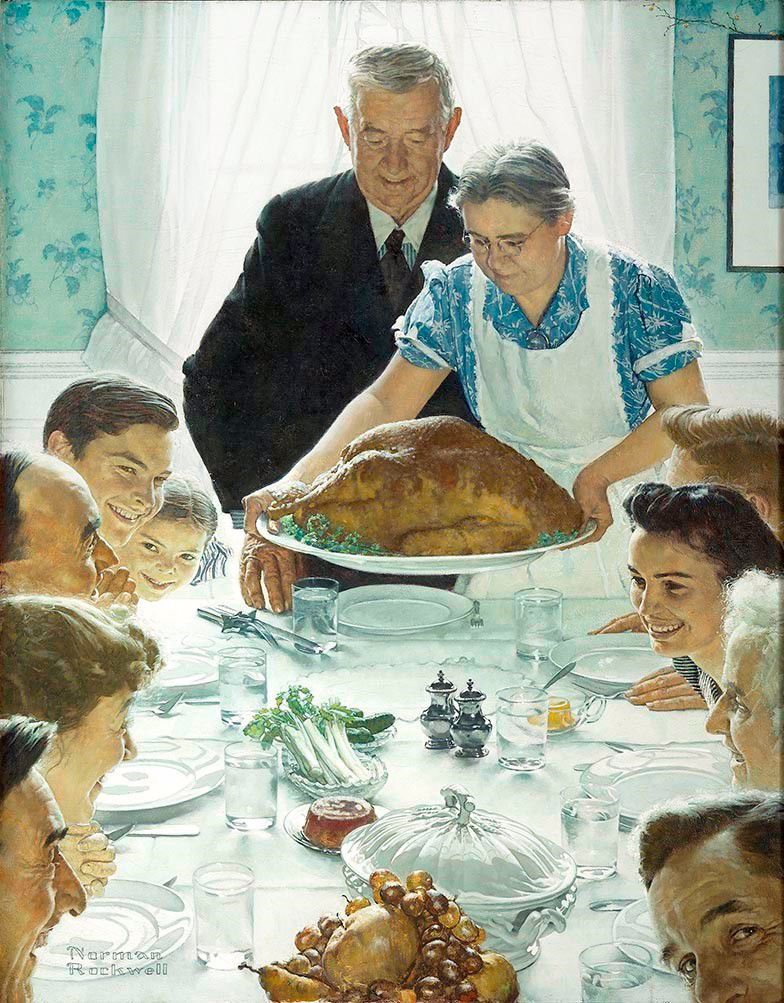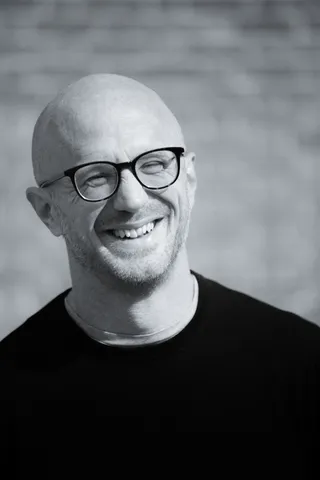Personal Values: Freedom From Want

Better Questions is supported by readers like you. If you get value from my writing, consider becoming a supporting member. Exclusive content, weekly deep-dives, free beta-access to future courses and more. Thanks.
----
This week, we continue our series on Personal Values. If you'd like to catch up, you can read Parts 1, 2, and 3.
On a recent vacation, I had a habit.
While everyone was still waking up, I would sneak outside.
I would walk down to the little dock near the house where we were staying.
I would stand at the end of the dock, cup of coffee in hand, and I'd stare out over the lake.
I'd look at the water. Some days, there would be steam rising up off its surface.
Other days, everything was dark and still.
I would notice animals and insects, loons and water-skaters, the dark shapes of fish swimming just below the surface.
I would notice the reflection of the moon on the water, gradually waning each day.
I'd dip a toe in and watch the ripples stretching out, imagining that they would, sooner or later, scratch at the stones on the opposite side of the lake.
I tried to take everything in: the water and the sky, the trees and the wildlife, the cold of the metal dock under my feet and the warm porcelain mug in my hand.
I knew that every morning on the dock meant there was one less morning to go before I'd be back to my "real life."
And though time was ticking away, I felt no anxiety, no desire to rush, no desire to get up earlier, no desire to get more in.
I just knew, deep down. I could feel it in my lungs every time I took a breath.
There is already more than enough.
---
You are living in a truly unique historical moment.
The standard of living of all people is staggeringly high compared to that of earlier eras. This applies not just to the "first world," but even to the global poor. Indeed, In 53 countries out of a total of 88 economies with available data, the poorest 40 percent grew at a faster rate than the national average. On average, the number of people living in extreme poverty has declined by 47 million every year since 1990.
For most of our history, freedom from want has meant acquiring more. But if you are lucky enough, as I am, to rarely go hungry and to have a safe place to sleep at night, acquiring more is unlikely to make you much happier.
This is due to something called hedonic adaptation.
Simply put, major improvements in the quality of our lives soon become old news. We become accustomed to what was once seen as exciting.
Don't believe me? Check this article on quality-of-life improvements since the 1990s.. How many of these once radical improvements have you now become completely accustomed to? (Mine: hot water heaters now rarely run out of hot water, radios have minimal static, craft brewed beers are literally everywhere).
Louis C.K. (I know, I know) skewered exactly this tendency here:
Hedonic adaptation means that acquiring more will never help us achieve freedom from want.
The moment we acquire more, we simply want more. There's never enough: satisfying a need simply unearths another need, an endless cascade of wanting without end.
Pleasure is fleeting.
We have, at best, a moment's rest before we are back on the treadmill, running as hard as we can and getting absolutely nowhere.
If freedom from want is the goal, acquiring more can't get us there. Luckily, though, there is another way to free ourselves from endless want:
By wanting what we have.
Instead of addressing all our problems via production, we can simply decrease demand. This is easier said than done, but what I have found to work best is simply experiencing what I already have.
Take the coffee I started my day with today.
Did I really taste that coffee?
Did I experience it, in full? Its bitterness, its temperature, the way it felt as it moved over my tongue and down my throat?
Did I experience the pleasure of the warm mug against my hands? Did I pause for even a moment to experience everything that that cup of coffee really was?
I think often of Viktor Frankl, who wrote of life in a Nazi concentration camp:
What did the men mainly dream of in the camp? Always the same: bread, cigarettes, decent ground coffee, and, last but not least, a nice warm bath (and I personally always dreamt of a very particular gateau).
All of these things, I already have.
All of these things, I give barely a second thought.
The truth is, I am already rich beyond my wildest dreams. I have hot water whenever I want it. I have a soft bed with clean sheets. I have a good cup of coffee each morning. I have a roof over my head, so that when it rains I can look out the window and enjoy it, rather than running for shelter.
(Could you feel now, if you gave yourself a moment to imagine it, the feeling of shoes and socks, soaked through? Trying to find a dry place to wait out the rain, because you have nowhere else to go? Wondering when you would feel dry again, and whether you would get sick in the process? Aching all the way down to your core, and not knowing when it would stop, or when you would feel good again? Could you imagine what a gift it is to be free of that pain, and anxiety, and fear?)
Even better: I have someone I love who loves me back. I have two boys who laugh and play and wrestle and have yet to know true fear. A Mother who loves me. Brothers who support me.
(What about this morning, when you were brushing your son's teeth? Did you look into their eyes? Did you touch their foreheads? Did you feel their hair beneath your palm? Did you enjoy that moment, that brief moment, when you were together and touching and quiet? Because now it's gone, and how many more of those will you really have? However many it is, it won't feel like nearly enough.)
This is the truth:
If all I did was slow down;
If all I did was pause;
If all I did was fully experience what I already have;
I am rich beyond measure.
And there is already more than enough.
---
So.
Produce, make, strive, achieve.
These are virtues, these are strengths. By all means, pursue them.
But remember:
Freedom from want cannot come from acquiring more.
It can only come from wanting what we have,
from experiencing what is given to us,
from acknowledging that we are rich beyond measure.
Freedom from want comes from realizing:
There is already more than enough.
Better Questions Newsletter
Join the newsletter to receive the latest updates in your inbox.
